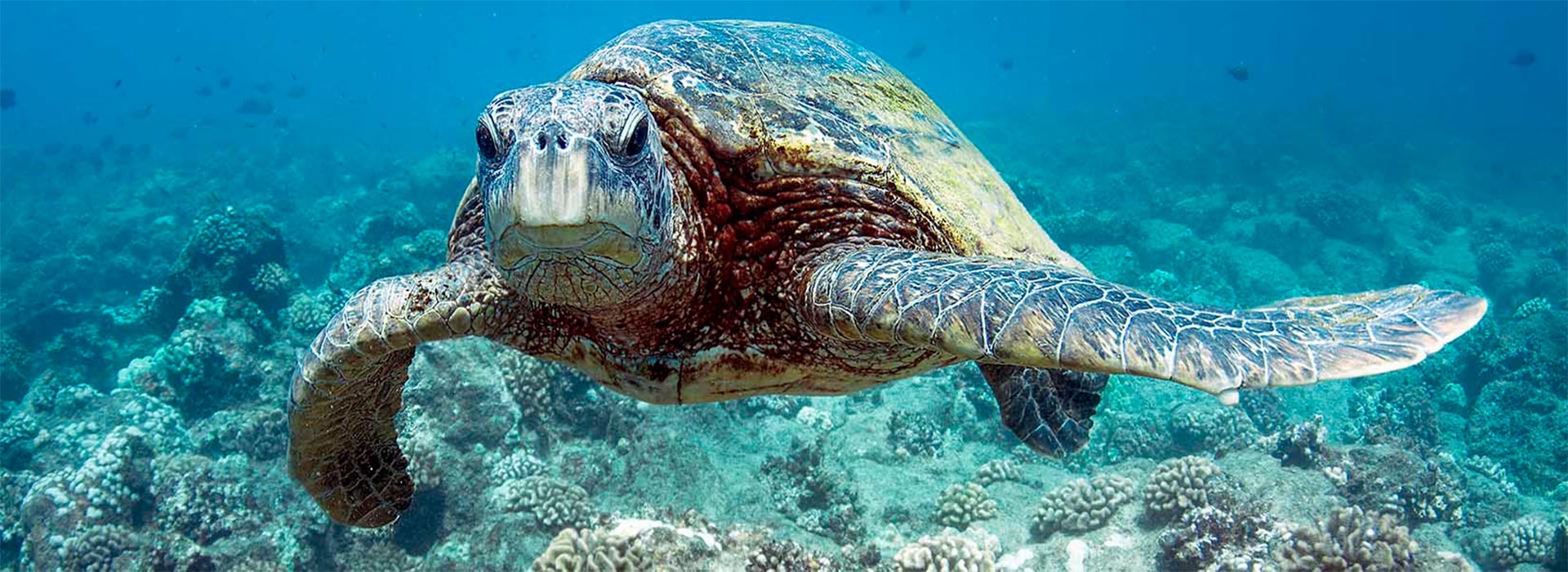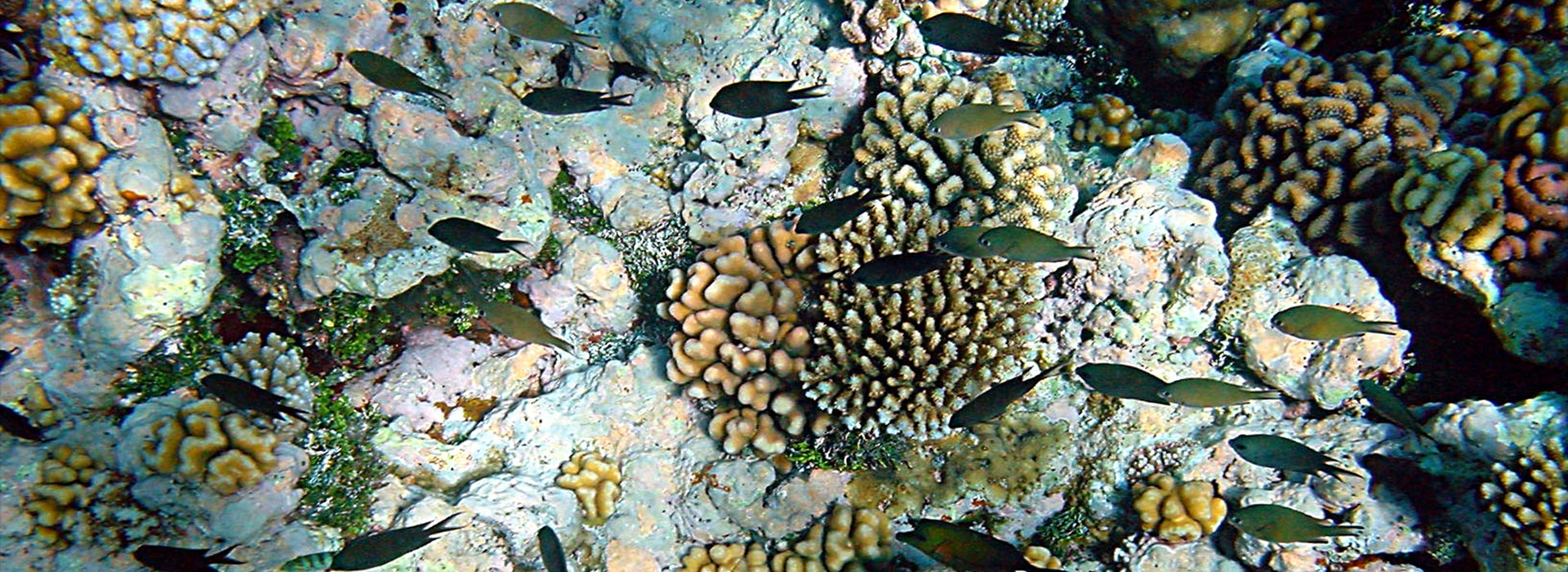Coral bleaching is the result of prolonged stressful conditions experienced by coral reefs – primarily due to extreme temperatures. In a new report published by Science magazine, author Prof Terry Hughes from the ARC Centre of Excellence for Coral Reef Studies in Australia, along with colleagues, reported that these events are rapidly increasing.
“Before anthropogenic climate warming, such events were relatively rare, allowing for recovery of the reef between events,” they write in summary. They found that the average period between these damaging bleaching events is now less than half what it used to be. In other words, they’re occurring more than twice as often.
Warmer Seas
Hughes et al say that these tropical reef systems are moving to a new period where the decreasing time between bouts of bleaching is too short for the coral to recover, as it used to in the past.
“We analyzed bleaching records at 100 globally distributed reef locations from 1980 to 2016,” they write in the abstract for Science. “The median return time between pairs of severe bleaching events has diminished steadily since 1980 and is now only 6 years. As global warming has progressed, tropical sea surface temperatures are warmer now during current La Niña conditions than they were during El Niño events three decades ago. Consequently, as we transition to the Anthropocene, coral bleaching is occurring more frequently in all El Niño–Southern Oscillation phases, increasing the likelihood of annual bleaching in the coming decades.

Tropical Corals are critical parts of the wider marine ecosystem, supporting numerous animal and plant species. Image credit: Nina Bean Photography
Dr Mark Eakin from the US National Oceanic and Atmospheric Administration (Noaa) spoke to the BBC (read their article here) about the findings of the report, and compared it violently:
“If you go into the ring with a heavyweight boxer, you could probably stand up for one round, but once that second round comes – you’re going down,” he said. “The acceleration in the return rate of bleaching events matches up very well with what the climate models have been telling us – that predict that by mid-century most of the world’s coral reefs will be suffering yearly, or near yearly, heat stress.”
The authors of the report are calling for increased international efforts to combat the issues surrounding coral bleachings, adding weight to work already underway. In some parts of the worlds, scientists are working on engineering super-corals better suited to warm temperatures – one of many revolutionary ideas being researched in the field.
Captions and Credits for Images, from top-down:
– Feature Image: By Brocken Inaglory, CC BY-SA 3.0, Link
– Green Sea Turtle: Nina Bean 2017, All Rights Reserved. Originally published in ‘Island Girl Views‘.
References:
– Hughes, Anderson, Connolly, Heron, Kerry, Lough, Baird, Baum, Berumen, Bridge, Claar, Eakin, Gilmour, Graham, Harrison, Hobbs, Hoey, Hoogenboom, Lowe, McCulloch, Pando, Pratchett, Schoepf, Tordal & Wilson 2018. ‘Spatial and temporal patterns of mass bleaching of corals in the Anthropocene.’ Science, published 05 Jan 2018: Vol. 359, Issue 6371, pp. 80-83. DOI: 10.1126/science.aan8048.
– Amos, J 4 Jan 2018. ‘Coral reefs head for ‘knock-out punch”, BBC News. Accessed 6 Jan 2018. Available from: http://www.bbc.com/news/science-environment-42571484.


You must be logged in to post a comment Login